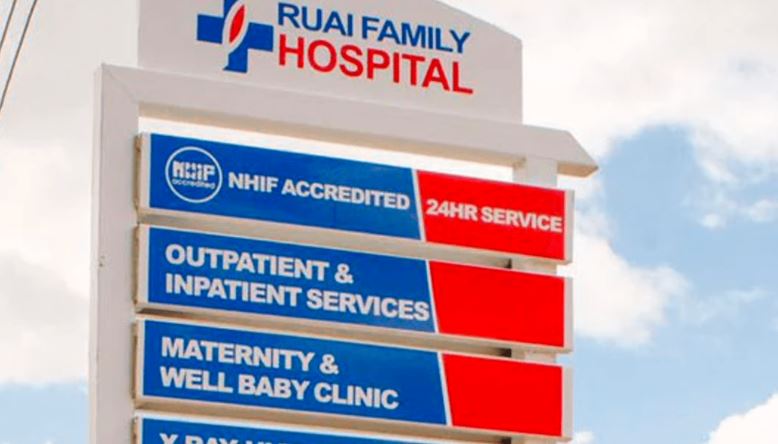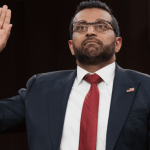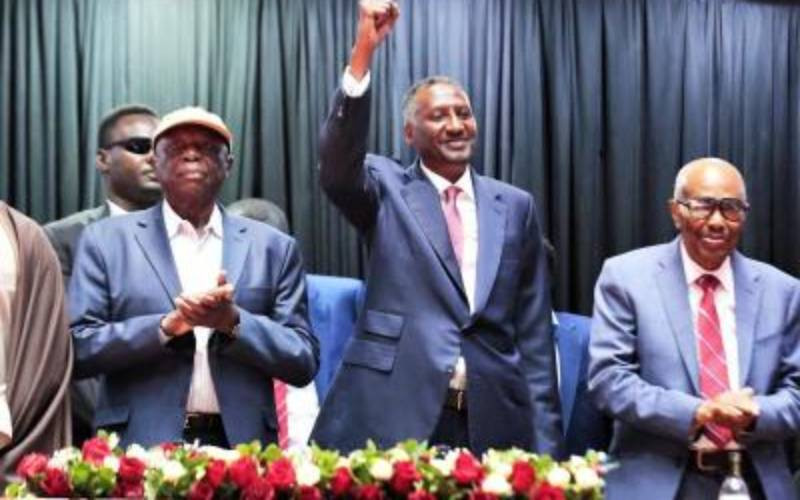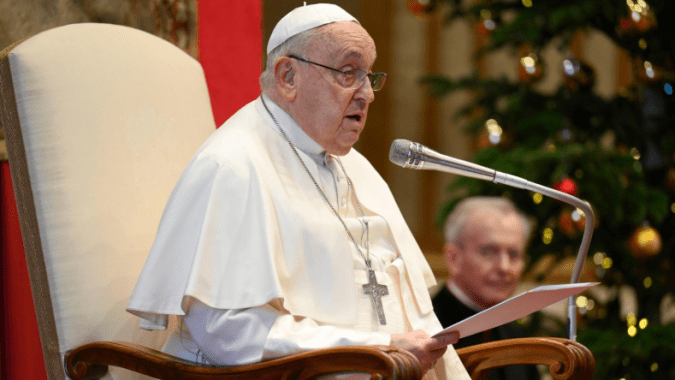 Over 600 medical facilities under the Rural-Urban and Private Hospitals Association of Kenya (RUPHA) have announced plans to suspend Social Health Authority (SHA) services starting Monday, February 24.
Over 600 medical facilities under the Rural-Urban and Private Hospitals Association of Kenya (RUPHA) have announced plans to suspend Social Health Authority (SHA) services starting Monday, February 24.
RUPHA Chairman Brian Lishenga claims the government has failed to settle arrears totaling KSh30 billion—an amount he warns is threatening the survival of many hospitals.
“Hospitals are experiencing bank defaults, we are running low on crucial medications, and many consultants have not been paid for years. We have unpaid debt that dates back to 2017,” Lishenga revealed, stressing the severity of the crisis at a press briefing on Thursday, February 21.
He further criticized SHA for its poor system reliability, highlighting persistent outages, one-time password (OTP) delays, and the inability to monitor claim approvals. He insists these failures are hampering the everyday operations of healthcare facilities nationwide.
| Issue | Reported by RUPHA |
|——————————————————|———————|
| Hospitals not paid by SHA | 54% |
| Facilities with SHA interface problems | 89% |
| Challenges confirming patient eligibility (system) | 83% |
As a result, RUPHA warns of looming job losses among nurses, doctors, and support staff if no swift government intervention occurs. Lishenga also notes suppliers have blacklisted hospitals that cannot clear their bills, compounding the pressure on these facilities.
At the same time, RUPHA declared it will no longer offer services under Medical Administrators Kenya Limited (MAKL)—the body that manages healthcare for teachers and police officers. “Teachers and police officers would be left without access to high-quality healthcare services if immediate action is not taken,” Lishenga cautioned.
The association urges the government to revise and streamline the SHA outpatient reimbursement model, guarantee prompt payment under MAKL, and settle the KSh30 billion in arrears. This follows widespread complaints from Kenyans since SHA’s launch in October 2024, with critics arguing that technical glitches and delayed payments have hindered efficient service delivery.
In the background, clinical officers maintain that the current arrangement violates last year’s return-to-work agreement, which promised comprehensive coverage and permanent terms for short-contract healthcare workers. They argue they are being excluded from providing services through SHA, thereby undermining universal health coverage goals across the country.
Private Hospitals Exit SHA:
More than 600 private, rural hospitals suspend SHA services
Hospitals issue 3-day ultimatum to govt to pay NHIF arrears
Hospitals: Government owes hospitals Ksh 30B
Patients to pay cash to access services starting Monday
No payment has been made… pic.twitter.com/VrtQT8Sp9g
— Citizen TV Kenya (@citizentvkenya) February 20, 2025










